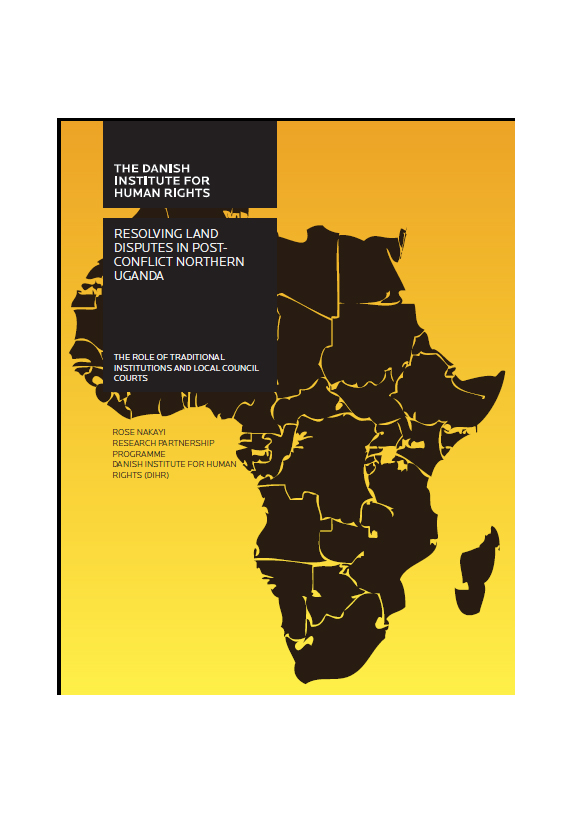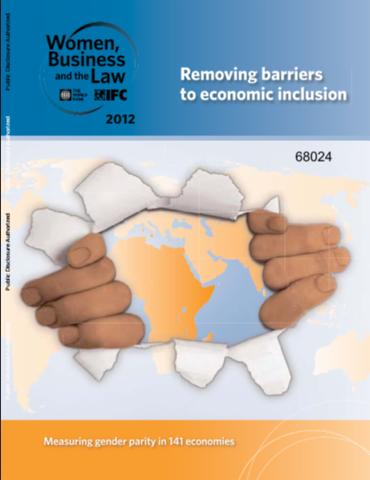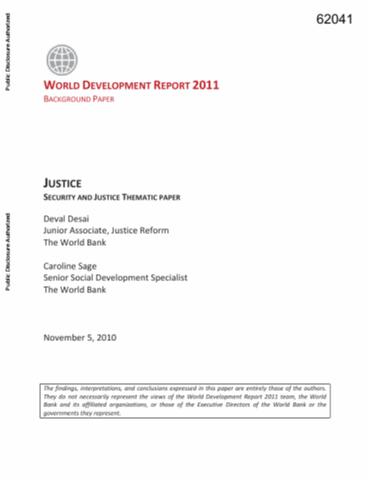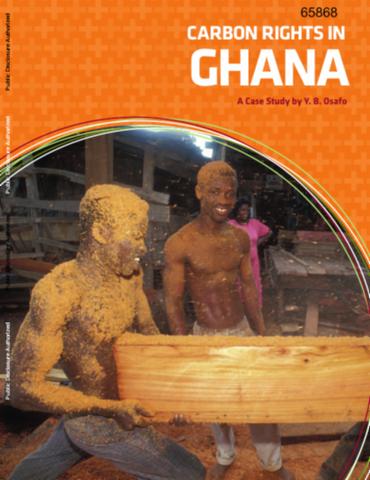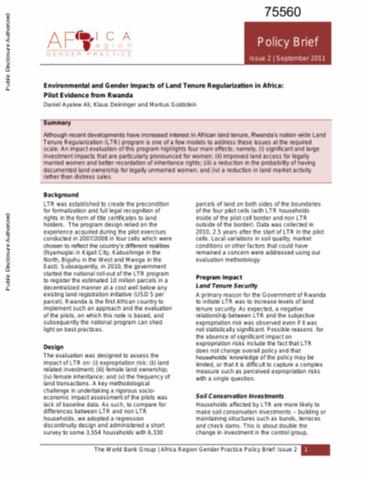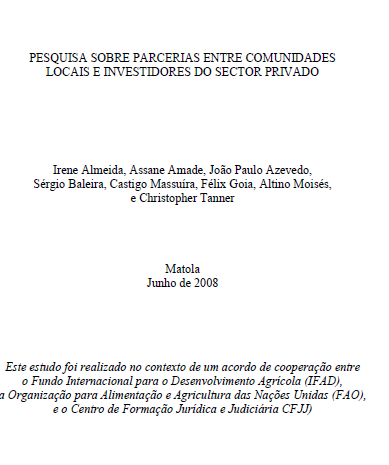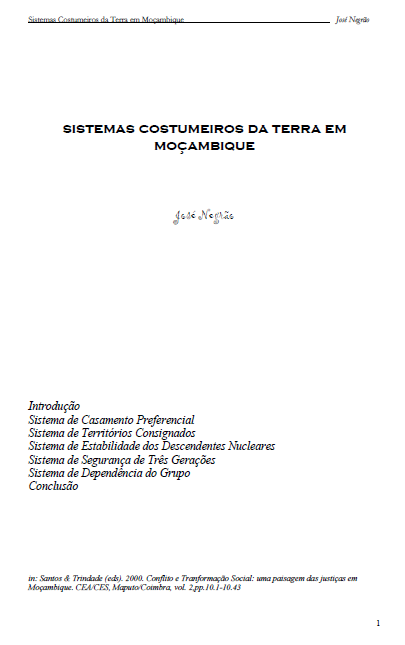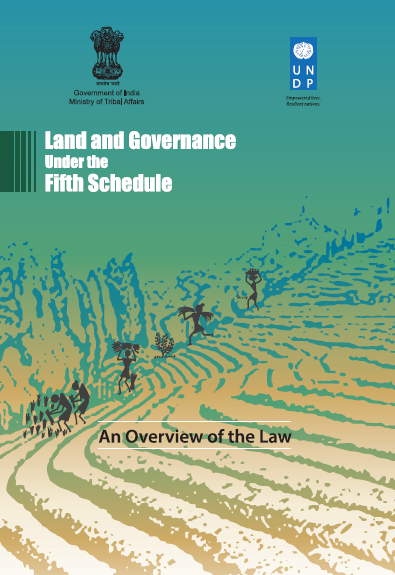Why is customary protection failing to prevent land grabbing?
The protection given to the land rights of women, orphans and any other vulnerable groups in Northern and Eastern Uganda is probably as good as can be found anywhere in the world. Customary land law is based on three main principles. First, everyone is entitled to land, and no-one can ever be denied land rights. A second principle is that all inherited land is family land, never individual property.


